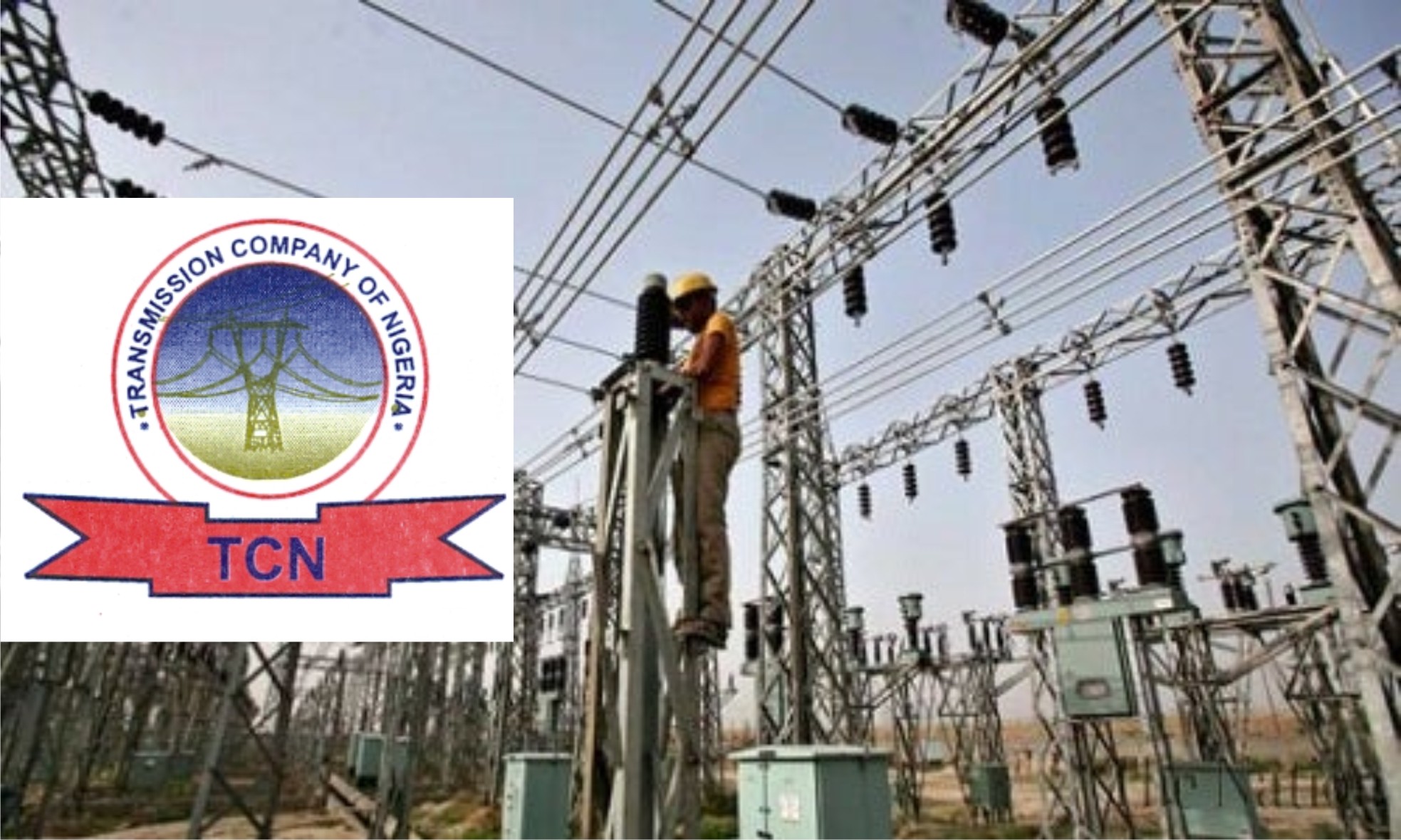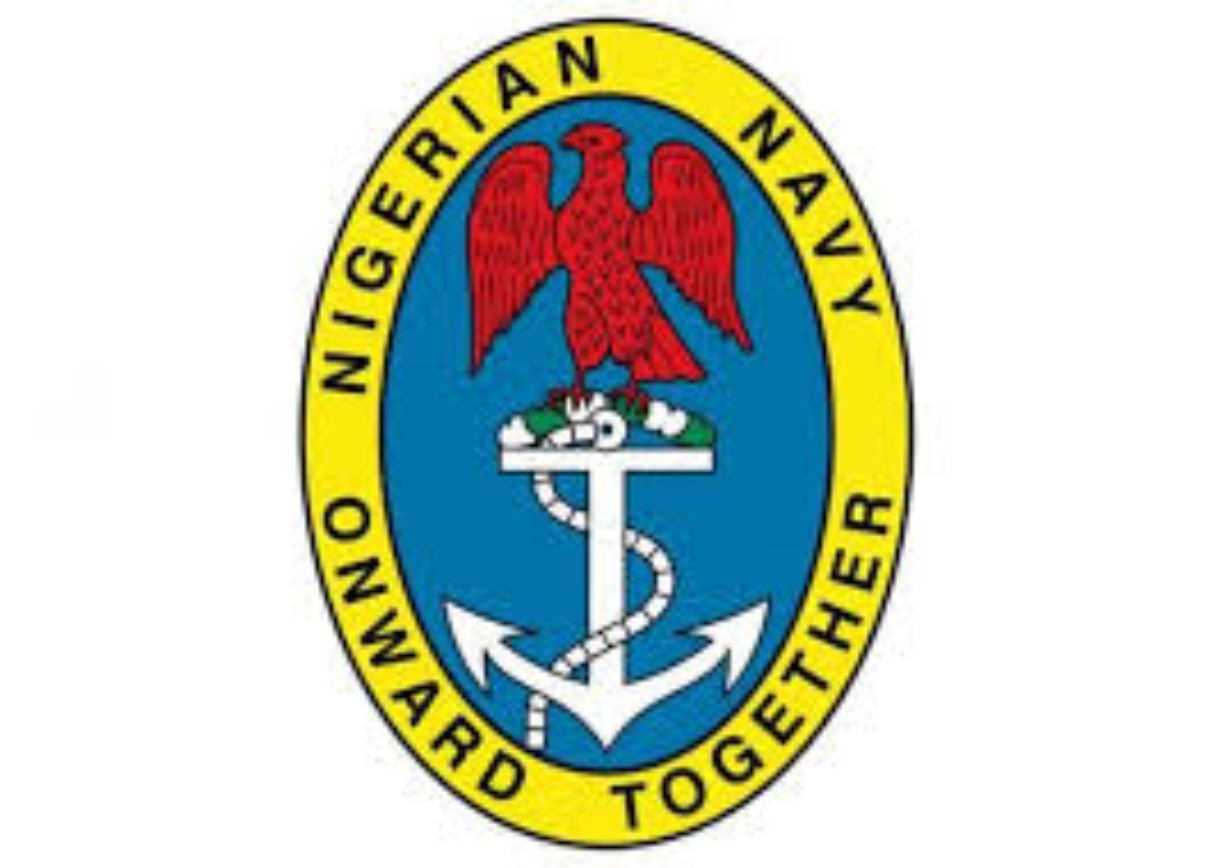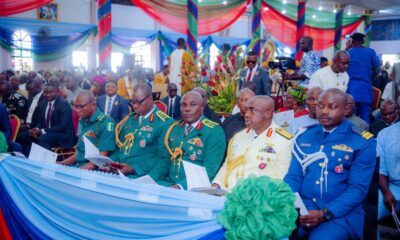Business
Okowa Inaugurates N284m Modern Market, Roads
Governor Ifeanyi Okowa of Delta, yesterday, inaugurated a N284 million modern market and road projects in Opke and Udu Local Government Areas of the state.
The governor inaugurated the projects as he began the third phase of his administration’s project inauguration and town hall meetings in the state.
Okowa, at Oreropke, Okpe charged the people to put the modern market into maximum use to boost commerce and create wealth for the people in the local communities.
He said that the modern market was the first to be completed of the three proposed across the three senatorial districts in the state, assuring the people that the other two would be completed before December.
The governor said that the market was built and transferred to the local government free of charge and urged the council chairman not to allocate the stalls at exorbitant fees to traders.
“If the market is not put into maximum use, the essence is defeated.
“We built the market and handed it free to the council; the project is for the people, the traditional institution must have input in the decision to allocate the stalls and preference must be given to traders from the old market,’’ Okowa said.
Earlier, the Okpe monarch, HRM Orhue I, Orodje of Opke Kingdom thanked the governor for keeping his campaign promise to build the market.
He called on the traders at the old market to relocate to the new market within three months.
According to the monarch, the old Orerokpe market ceases to exist with the inauguration of the ultra modern market.
“I give all the traders operating in containers and attachments in Orerokpe three months to come over, take a form and get a stall in this market; we must put the market into maximum use,’’ he said.
Mrs Mary Iyasere, State Commissioner for Commerce, said that the modern market has over 100 lock up stores, 28 open stores, four offices, toilet facilities, electricity and other state of the art facilities.
“The project was awarded in July 2015 and cost a total sum of N284 million, and the project was completed on schedule because the governor released the funds as and when due,’’ she said.
The News Agency of Nigeria (NAN) reports that the governor had earlier inaugurated a 3.1 kilometre Ovwian road project in Udu LGA with a charge on the people to sustain the existing peace to attract more projects in the area.
The governor inspected other road projects, visited the Ugbokodo-Okpe Fish Farm with 154 ponds, and pledged to rehabilitate a skill acquisition centre to empower youths, women and the men in the area.
Business
CBN Unveils NTNIA, NRNOA Accounts For Diaspora Nigerians’ Investment

Business
Diesel Price Hike: Manufacturers Opt For Gas

Business
TCN Debunks Grid Collapse, Says Lines Tripped

-

 Business12 hours ago
Business12 hours ago‘Navy Stern In Fight Against Oil Theft’
-

 News9 hours ago
News9 hours agoReps Give FG 72 Hours To Unfreeze NSIPA’s Accounts
-
Business13 hours ago
Abia Communities Protest Over Nsulu Aurport Project … Allege Exposure To Farmland Extinction
-

 News11 hours ago
News11 hours agoLet’s Celebrate Gallantry Of Soldiers More While Alive Than In Death – Fubara
-
Rivers12 hours ago
NGO Seeks Better Health For Women, Children
-
Sports10 hours ago
Chelle Sure To Qualify For 2026 W’Cup
-

 Business12 hours ago
Business12 hours agoTCN Debunks Grid Collapse, Says Lines Tripped
-
Nation9 hours ago
Cybercrime: Absence Of Legal Representation Stalls Trial Of 109 Foreigners

